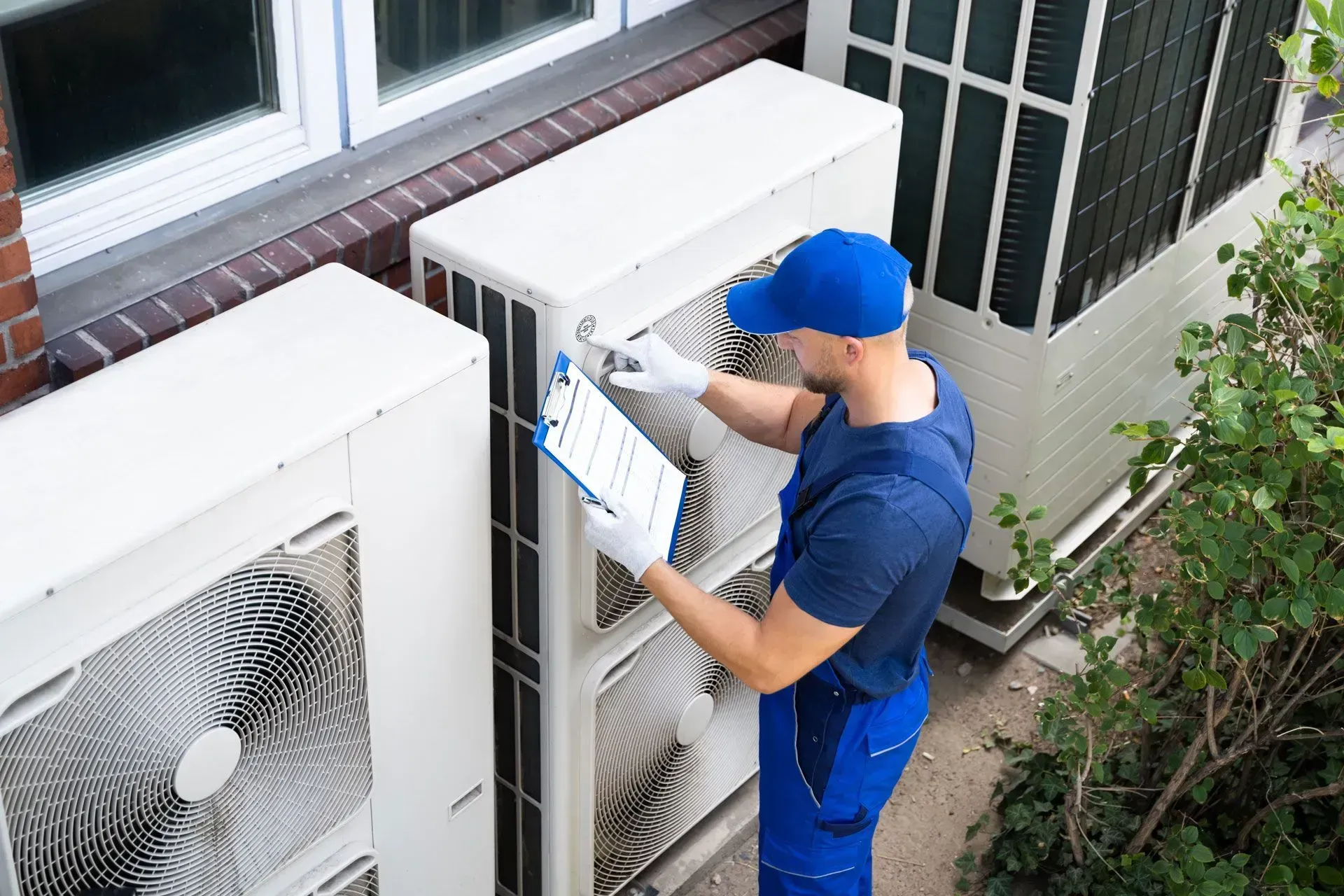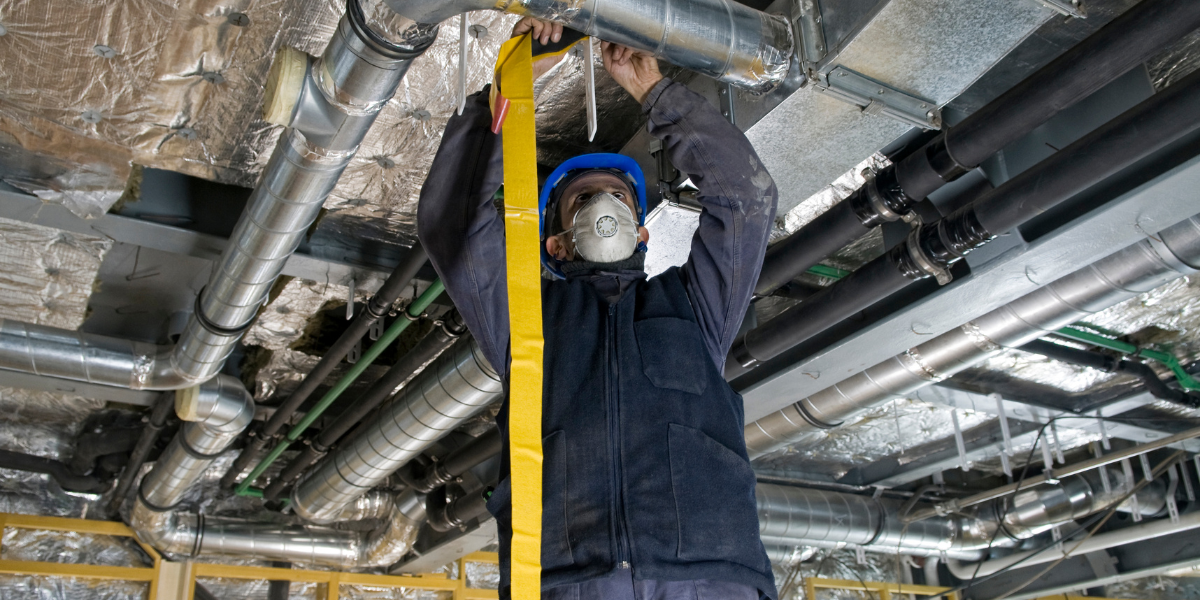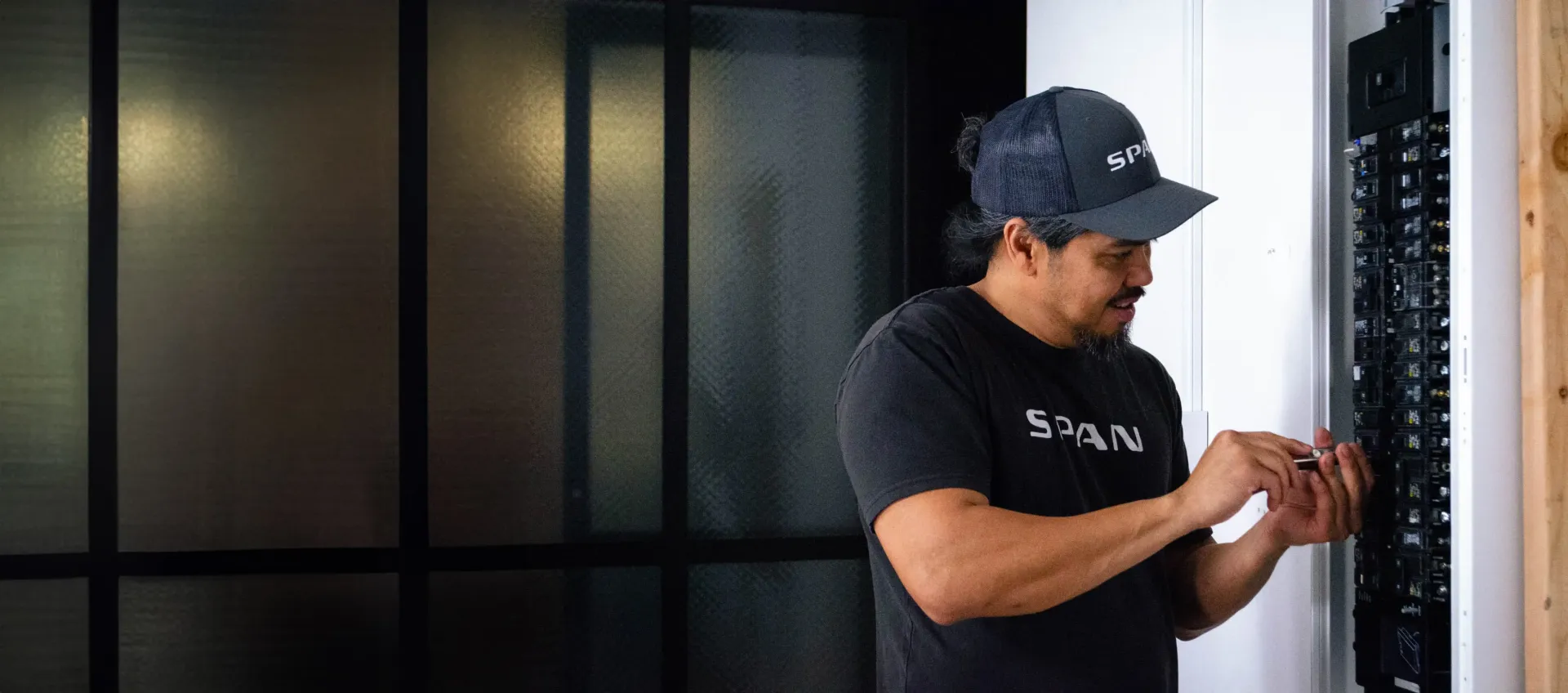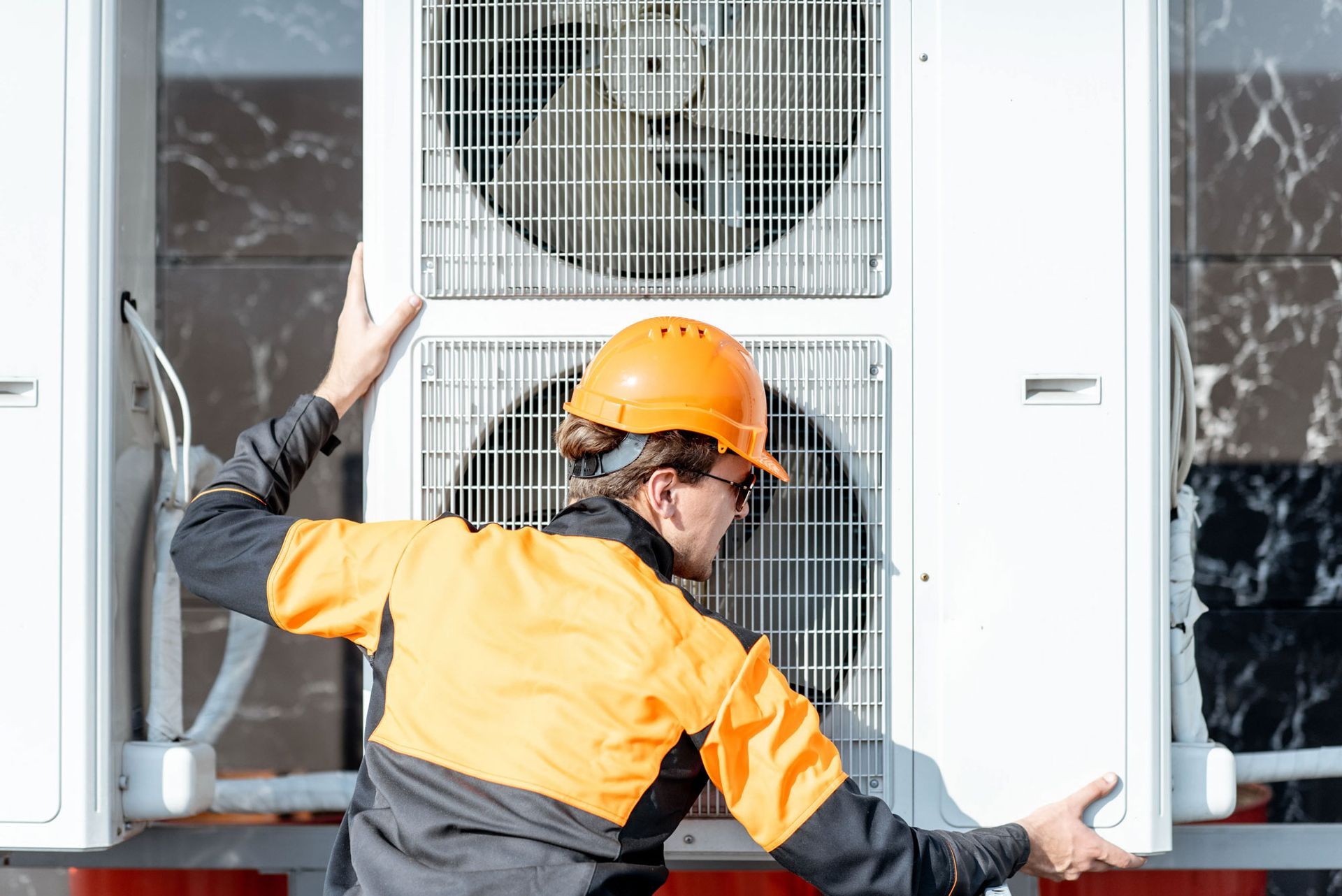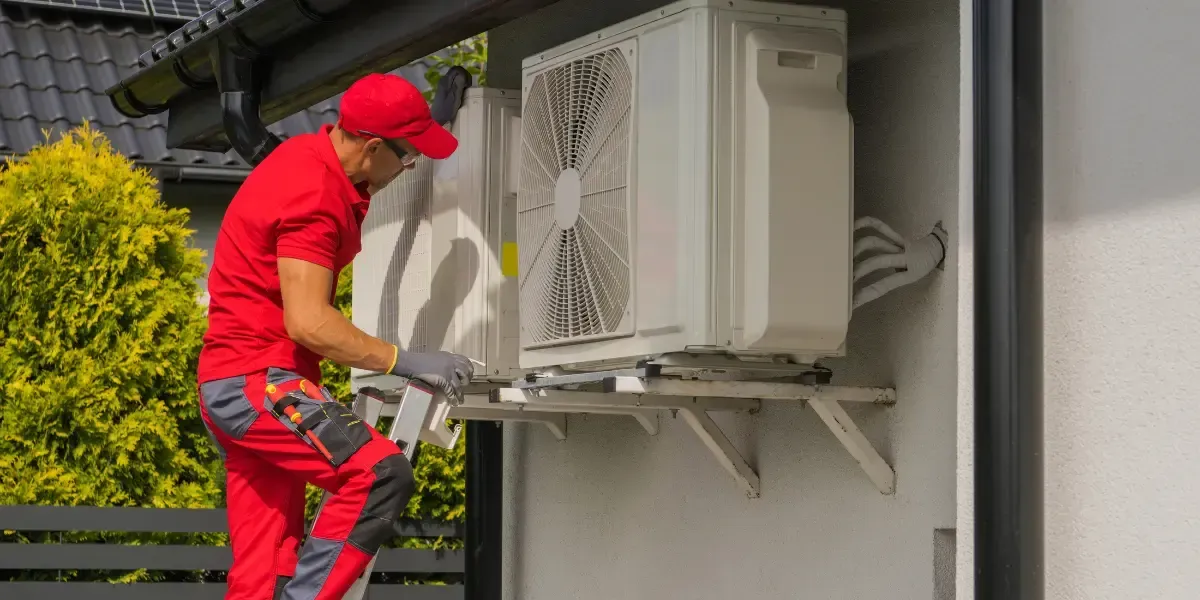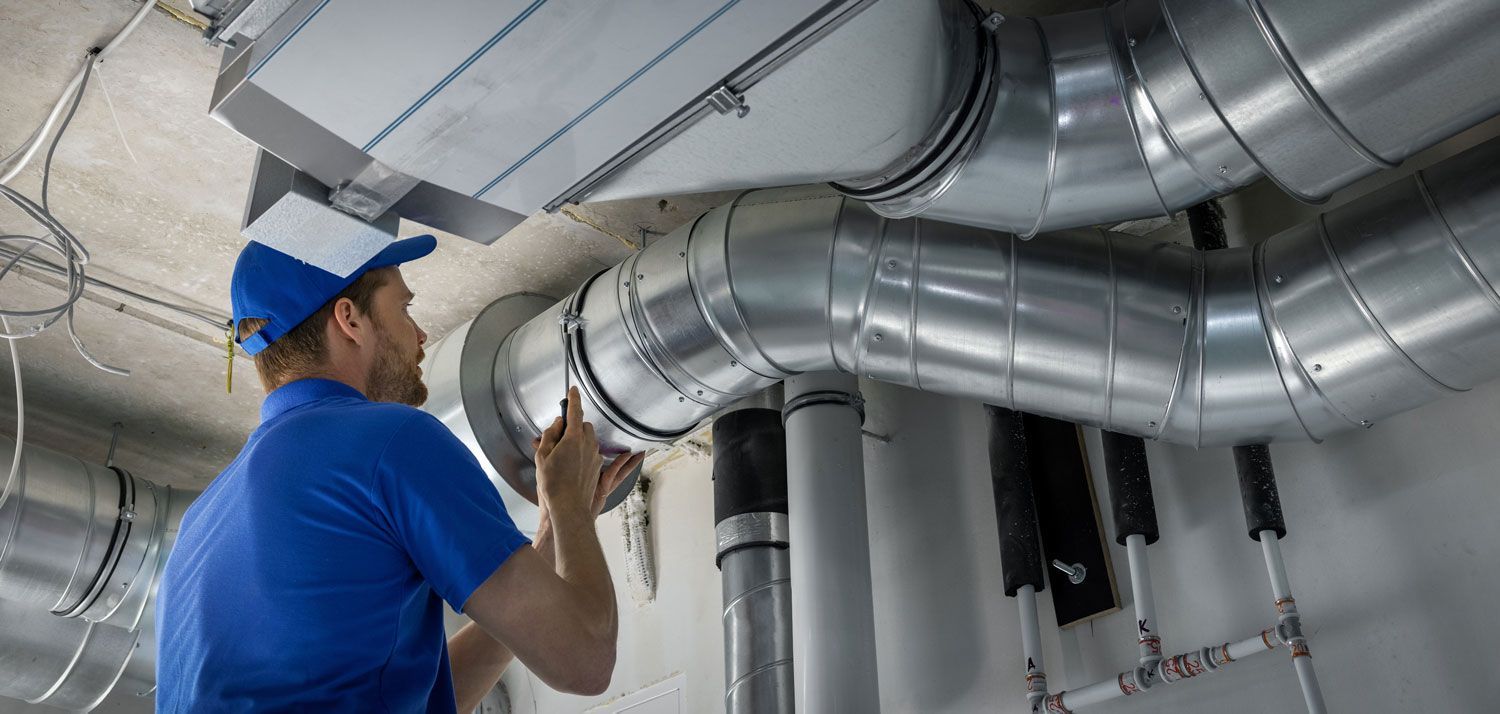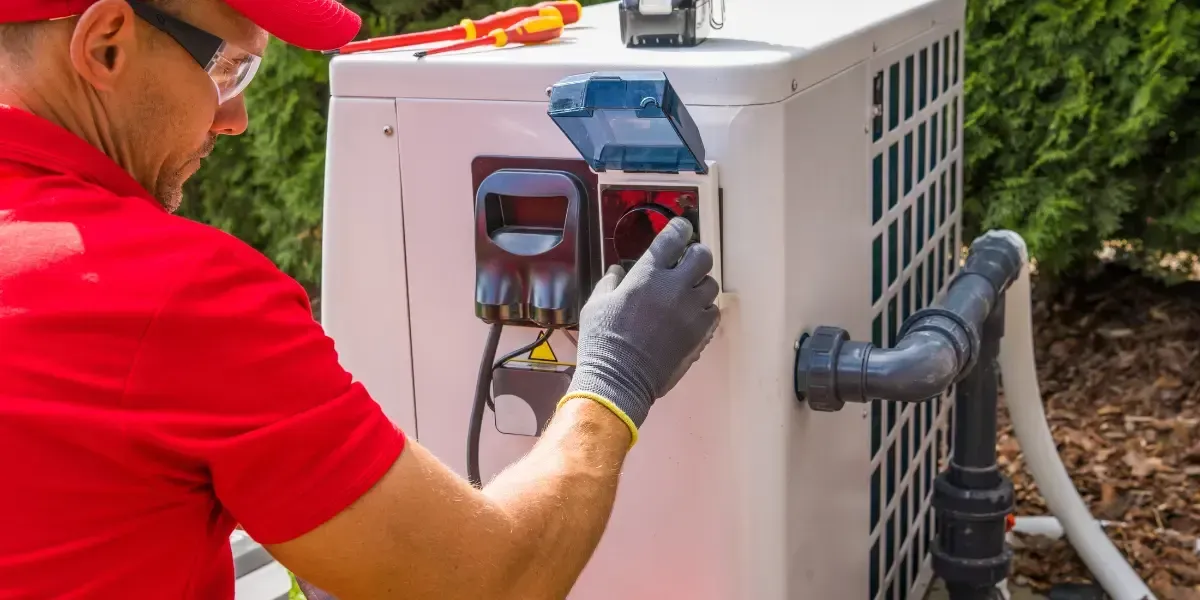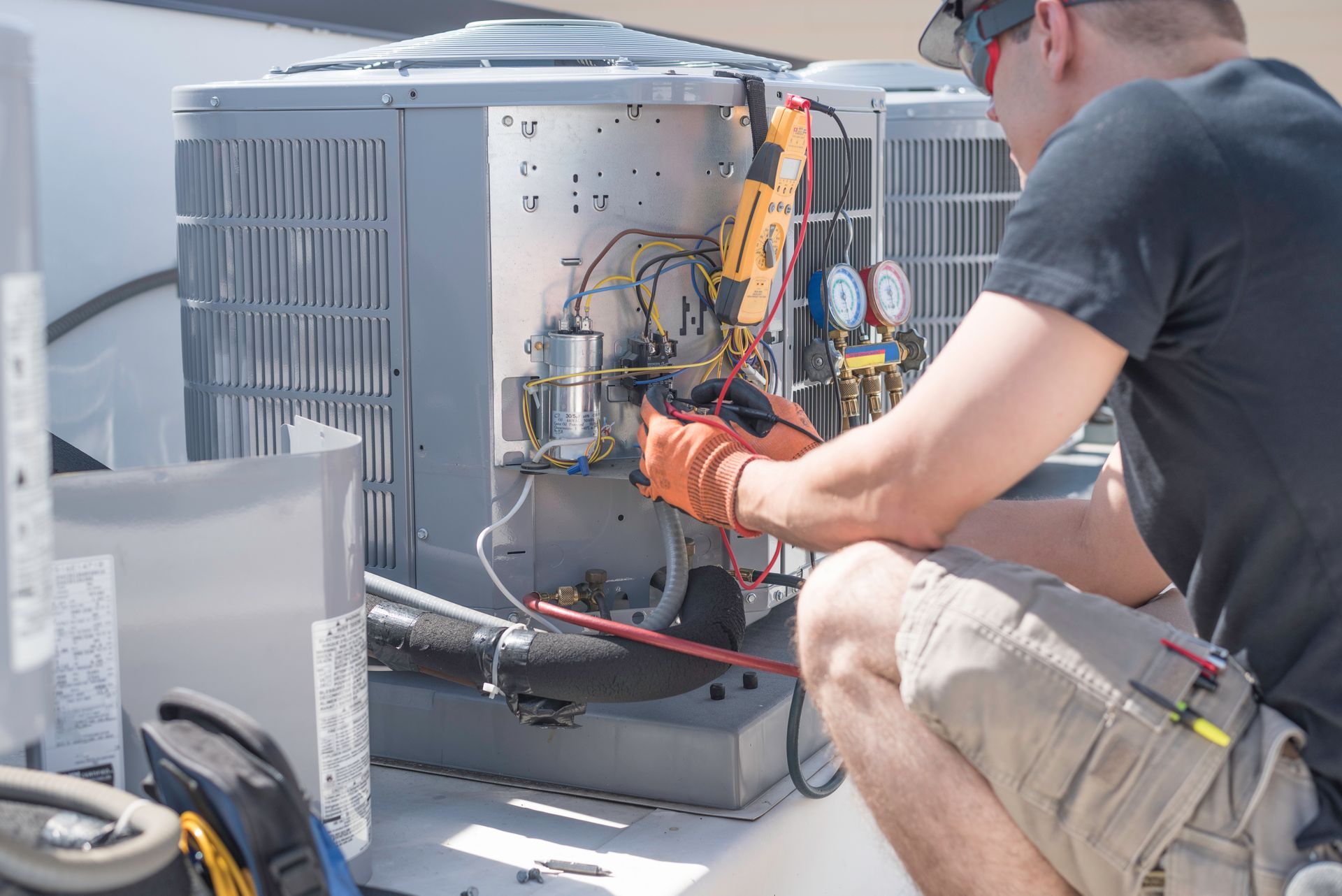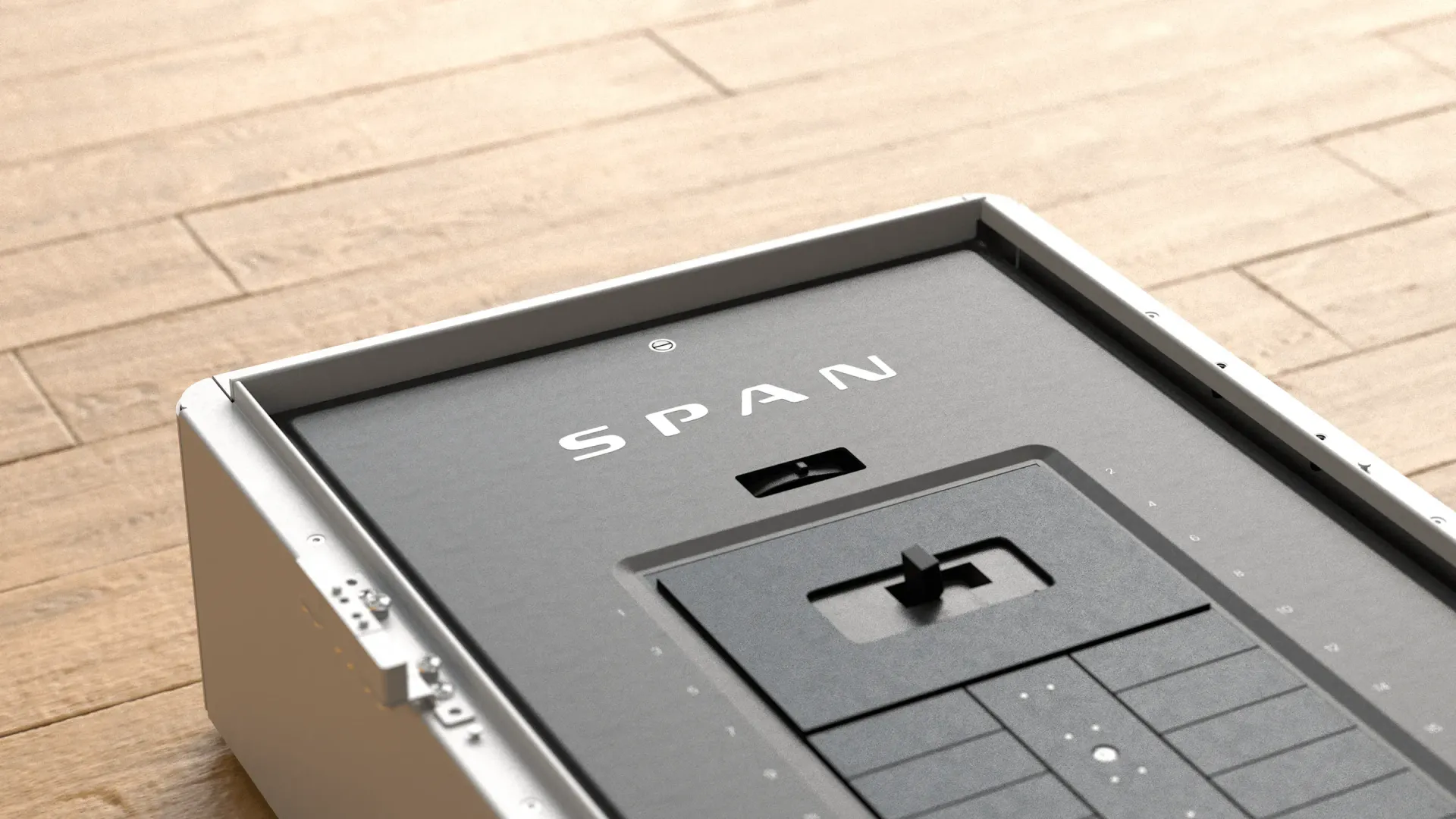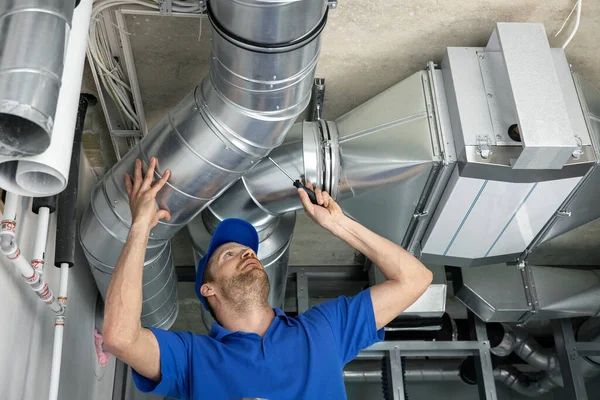Why Commercial HVAC Installation Is Crucial Today
Let’s face it—no business wants its employees or customers to be uncomfortable. Whether it’s sweltering summer or bone-chilling winter, commercial spaces rely heavily on efficient HVAC systems. That’s where commercial HVAC installation steps in, not just as a luxury but as a business necessity.
A well-designed and professionally installed HVAC system in a commercial space is the backbone of operational efficiency, employee comfort, and cost savings. So, if you're thinking of upgrading or installing a new system, now is the best time to understand why this move is crucial.
Key Takeaways
- Commercial HVAC systems are crucial for comfort, compliance, and energy savings.
- There are various system types, choose based on your building’s size and needs.
- Proper installation includes zoning, air quality, and smart controls.
- Regular maintenance ensures performance and longevity.
- Monterey Bay Heating and Cooling offers trusted commercial HVAC solutions.
Understanding HVAC Commercial Installation
What Is Commercial HVAC Installation?
Commercial HVAC installation involves the setup of heating, ventilation, and air conditioning systems specifically designed for large spaces such as offices, warehouses, schools, and shopping centers. These systems are engineered to manage bigger air volumes and accommodate more complex structural designs compared to residential setups.
Importance of HVAC Systems in Commercial Spaces
Comfort and Employee Productivity
Temperature extremes don’t just make people cranky—they reduce focus and motivation. Studies show that a well-regulated indoor climate can significantly boost employee performance and satisfaction. Think about it: would you rather work in a sweatbox or a perfectly chilled room?
Energy Efficiency and Cost Savings
Modern commercial HVAC systems are designed with energy efficiency in mind. From programmable thermostats to energy recovery ventilators, these systems help reduce utility bills while supporting sustainability goals. Investing now can save thousands in the long run.
Compliance With Building Codes and Standards
Commercial buildings are required to meet specific HVAC codes and regulations, especially in states like California. Failure to comply can result in fines, shutdowns, or legal troubles. A professional HVAC installations and replacements ensures everything is up to code—no shortcuts.
Types of Commercial HVAC Systems
Single Split System
Ideal for small commercial buildings, single split systems are affordable and allow for individual room control. They're easy to install but not suited for large spaces.
Multi-Split System
These systems can connect multiple indoor units to a single outdoor unit. They're perfect for offices with various zones that require independent climate control.
VRF (Variable Refrigerant Flow) Systems
VRF systems are high-efficiency setups that offer simultaneous heating and cooling. They’re excellent for medium to large spaces and provide flexibility in temperature management.
Packaged Heating and Cooling Systems
These all-in-one systems are usually installed on rooftops, making them a great space-saver. They're efficient and relatively easier to maintain.
Key Components of a Commercial HVAC Installation
Air Handling Units (AHUs)
These are the lungs of the system, responsible for circulating and conditioning air. They contain filters, heating/cooling elements, and blowers.
Ductwork and Ventilation
Proper duct design is essential. Bad ductwork can lead to uneven temperatures and wasted energy. Think of ducts as the veins and arteries of your HVAC system.
Thermostats and Controls
Smart thermostats offer real-time adjustments and even remote management, helping businesses fine-tune their climate for different zones.
Filtration and Air Quality
Clean air is non-negotiable, especially in today's post-pandemic world. Filters, purifiers, and humidity controls contribute to a healthier work environment.
Common Challenges in Commercial HVAC Installations
Sizing the System Correctly
Too big, and you waste energy. Too small, and the system struggles to maintain comfort. Professional assessment ensures optimal sizing.
Zoning and Distribution
Large buildings need multiple zones with varying requirements. Advanced zoning solutions help distribute heating and cooling efficiently.
Maintenance Planning
Without regular maintenance, even the best systems fail. A scheduled service plan prevents breakdowns and prolongs system life.
How Monterey Bay Heating and Cooling Can Help You
Monterey Bay Heating and Cooling, based in California, specializes in designing and installing top-tier commercial HVAC systems tailored to your unique needs. Whether it’s a new building or an upgrade, they’ve got you covered with experience, precision, and professionalism.
Why You Should Choose Monterey Bay Heating and Cooling
- Decades of Experience – Serving Monterey, CA, and surrounding regions with a reputation built on quality.
- Certified Technicians – Skilled pros who understand the complexities of commercial HVAC systems.
- Custom Solutions – Every building is different, and they create HVAC plans that match your infrastructure and business goals.
- Transparent Pricing – No hidden fees, no upselling, just honest, reliable service.
- Emergency Support – Problems don’t stick to 9–5. They offer responsive support when you need it most.
Conclusion
Commercial HVAC installation isn't something to cut corners on. It's a vital investment in your business's comfort, compliance, and cost efficiency. And when it comes to professional installation in California, Monterey Bay Heating and Cooling is your go-to expert.
Don’t wait until your system breaks down or your employees start sweating in the middle of July. Plan smart, invest in a quality HVAC system, and ensure your business stays cool, productive, and efficient year-round.
Frequently Asked Questions
What is the average cost of commercial HVAC installation?
The cost varies based on system type, building size, and installation complexity, but typically ranges from $7,000 to $30,000+.
How long does a commercial HVAC system last?
With proper maintenance, commercial HVAC systems can last between 15 to 25 years.
Can I upgrade parts of my existing HVAC system?
Yes, components like thermostats, filters, or even ductwork can be upgraded without a full replacement.
How do I know if my building needs zoning?
If you experience hot and cold spots or have different occupancy patterns in zones, zoning can enhance comfort and efficiency.
Does Monterey Bay Heating and Cooling offer maintenance plans?
Yes, they provide customizable maintenance plans to keep your system in top shape year-round.

